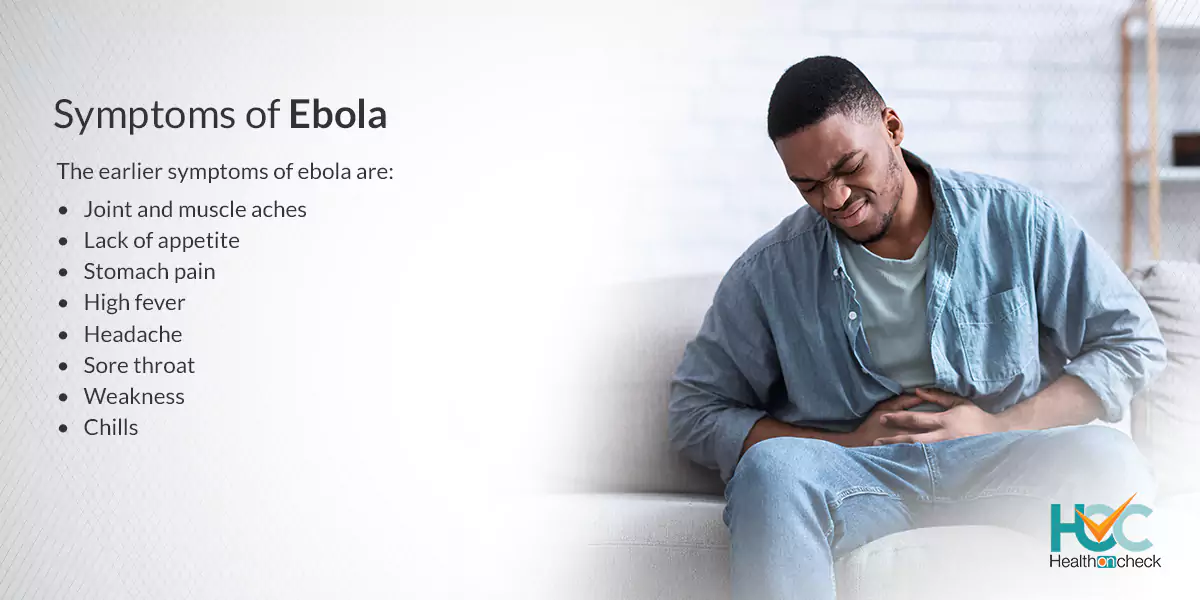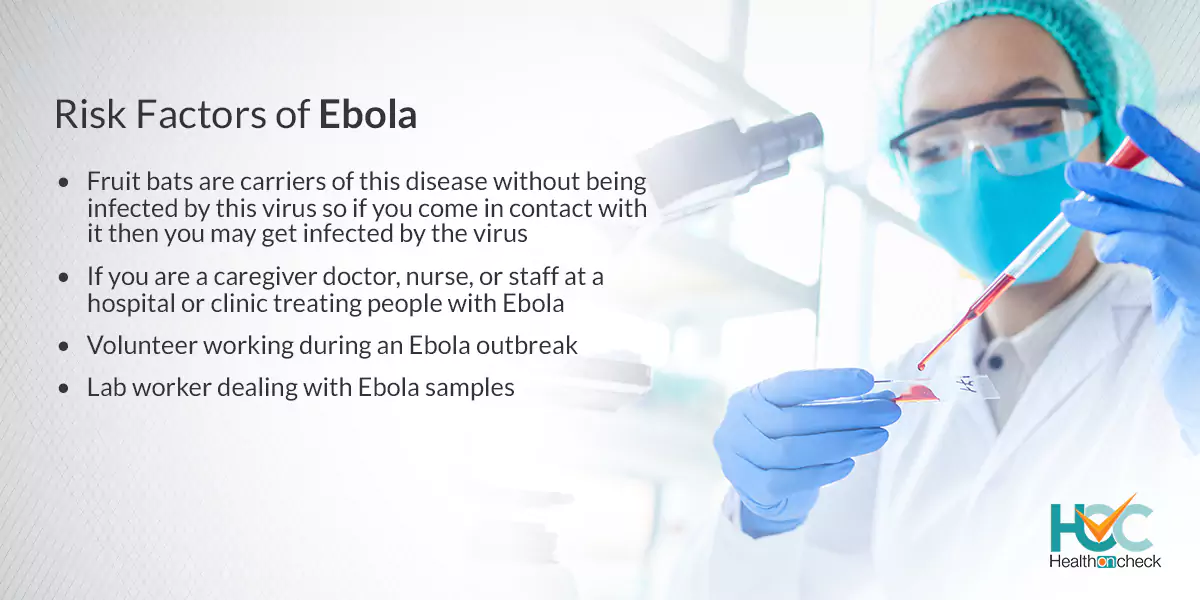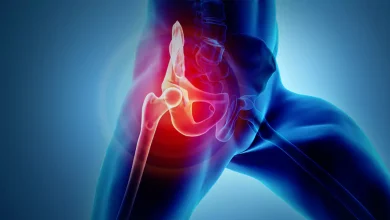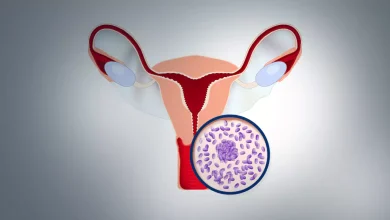All about Ebola
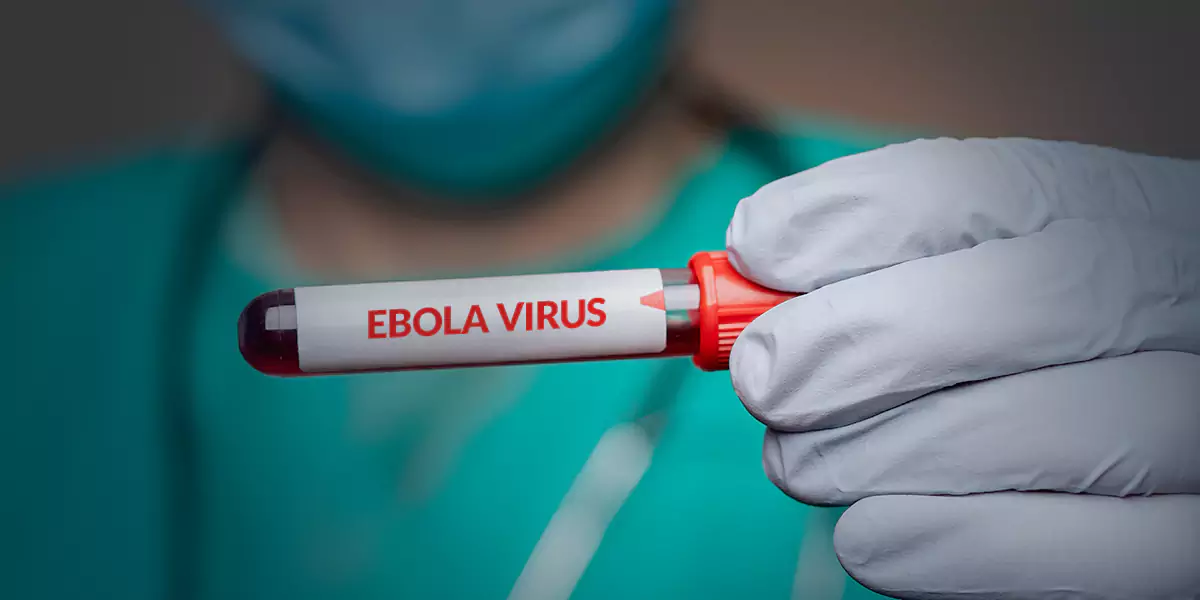
What is Ebola?
Ebola is a rare but life-threatening disease that affects humans and non-human primates and it causes fever, body aches, diarrhea, and sometimes bleeding inside and outside the body. Ebola is mostly found in parts of Africa and it’s caused by a virus known as ebolavirus and when someone comes into contact with the body fluids such as blood, sweat, breast milk, semen, etc. of an infected person or animal, he gets the disease. The person starts feeling the symptoms anywhere between two days to three weeks of being with the virus. When the virus starts to spread in the body, it damages the immune system and organs which leads to a drop in blood-clotting cells. This results in severe and uncontrollable bleeding and the fatality rate of ebola is 90% which means that if someone gets ebola, there is very less chance that he/she will survive.
What are the Types of Ebola?
There is no classification of ebola disease but the ebola virus that causes is classified into five types, four of which cause ebola in humans. The four types of ebola viruses that causes this disease in humans are Ebola virus (Zaire ebolavirus); Sudan virus (Sudan ebolavirus); Taï Forest virus (Taï Forest ebolavirus, formerly Côte d’Ivoire ebolavirus); and Bundibugyo virus (Bundibugyo ebolavirus).
What are the Symptoms of Ebola?
The earlier symptoms of ebola are the same as flu or other normal fever-like illnesses.
The earlier symptoms of ebola are:
- High fever
- Headache
- Joint and muscle aches
- Sore throat
- Weakness
- Stomach pain
- Lack of appetite
- Chills
After some days or weeks, other symptoms may show up such as:
- Confusion
- Pain in chest and stomach
- Breathing problems
- Nausea and vomiting
- Bloody Diarrhea
- Problem in urinating as there may be less or no urine
- Unusual bleeding or bruising
Redness and bleeding from the eyes, nose, mouth, and rectum
When it turns severe, the patient starts getting symptoms such as bleeding inside the body, along with from the eyes, ears, and nose, vomiting or cough with blood in them, organ failure, seizures, inflammation, and a red rash that doesn’t itch or hurt, and may peel after a while.
What are the Causes of Ebola?
Ebola is caused by a virus known as Ebola virus and when a person comes into contact with a person or animal infected with ebola, he also gets infected. Fruit bats are the carriers of this virus and can spread this virus without being infected by it.
Ebola virus is spread through direct contact with blood or other bodily fluids, including blood, pee, sweat, semen, feces, or vomit, of infected persons and animals including the dead bodies of the infected person/animal. Infection can also be spread through Things like needles, syringes, clothing, and bedding that have been contaminated with the virus can also be infectious. The virus enters the body through a break in the skin or through the eyes, nose, or mouth of an unprotected person. Unlike other viruses like SARS or influenza, this virus does not spread through the air or through mosquitos and can only infect when someone comes in close contact with an infected person/animal. What makes this virus more dangerous is that it remains in the body even after a person has recovered and shows no symptoms of ebola. The virus can remain in semen and other fluids and infect others through close physical contact.
What are the Risk Factors of Ebola?
– People living in Africa, especially in Central and West Africa have more chances of getting ebola as compared to people from other parts of the world. In the last decade or so, three countries from this part of the world Uganda, Guinea, and the Democratic Republic of Congo suffered from the Ebola outbreak.
– If you have someone in close contact with Ebola, the risk of getting infected by the Ebola virus becomes quite high as it spreads from person to person when you get in contact with infected body fluids, like sweat, semen, saliva, blood, poo, pee and vomit.
– Fruit bats are carriers of this disease without being infected by this virus so if you come in contact with it then you may get infected by the virus.
– If you are a caregiver doctor, nurse, or staff at a hospital or clinic treating people with Ebola
– Volunteer working during an Ebola outbreak
– Lab worker dealing with Ebola samples
The complications of Ebola include:
– Multi-organ failure
– Septic shock
– Lack of oxygen in your body
– Electrolyte imbalance
– A rare condition that causes clots in your blood vessels called Disseminated intravascular coagulation (DIC),
– A condition where your body has low levels of blood or fluid called Hypovolemia,
– Continuously low blood pressure that can result in refractory shock
– Coma
– Seizures
– Memory loss
– Headaches
– Cranial nerve problems such as vertigo, weakness, and hearing loss
– Tremors
– Inflammation of the brain and membranes in the skull and spinal column)
How Ebola is Diagnosed?
Diagnosing Ebola is not simple because the early symptoms of Ebola are similar to other more common illnesses like malaria or cholera. If a person has the symptoms of Ebola and may have been exposed to the virus, you may be asked to go through some tests including:
Blood tests: A blood sample is taken from a vein in your arm or hand and sent to a lab where it is checked for certain chemicals that can show if you have an Ebola infection or other illness. Blood tests are also helpful to check the condition of your blood, kidneys, liver, and other organs.
Oral swab: A stick with a small piece of cotton at the tip is wiped and put inside your mouth to check for viruses and bacteria in your saliva.
Urine test: Your urine sample is collected and sent to a lab to detect bacteria that may be causing your symptoms.
Stool culture: A small sample of stool is collected from your rectum or from a bowel movement to check for viruses and bacteria that may cause your symptoms.
Sputum culture: A small sample of mucus coughed from the lungs is collected and checked for viruses and bacteria.
What are the Treatment Options Available for Ebola?
There’s treatment available for Ebola, but the symptoms can be eased down. For treating Ebola two drug treatments have been approved, Inazeb and Ansuvimab-zykl (Ebanga).
Inmazeb: It is a mixture of three monoclonal antibodies (atoltivimab, maftivimab, and odesivimab-ebgn). It is given to patients to relieve the pain and ease the symptoms of Ebola.
Ansuvimab-zykl (Ebanga): It is a monoclonal antibody that is given as an injection. It blocks the virus from the cell receptor, preventing its entry into the cell.
Supportive care is given to managing the symptoms of Ebola that include:
- Fluids and electrolytes
- Oxygen
- Blood pressure medication
- Blood transfusions
- Treating other infections
There are two types of licensed vaccines available to prevent Ebola:
rVSV-ZEBOV (Ervebo): This vaccine is for treating only the Zaire strain of the virus and it’s given only if you’re 18 or older. It’s not recommended if you’re pregnant or breastfeeding. This vaccine is mostly prescribed during an Ebola outbreak.
Ad26.ZEBOV (Zabdeno) and MVA-BN-Filo (Mvabea)
This vaccine is given in two doses and anyone above 1 year or older can get the vaccine.
You’ll get Zabdeno as your first vaccine dose and the second-dose Mvabea is given 8 weeks later. This vaccine is not designed to give you protection right away and is not recommended during an Ebola outbreak and it’s especially for high-risk people like health care workers or volunteers living and working in areas with an Ebola outbreak, if you’ve completed the two doses, you can get a Zabdeno booster shot 4 months after your second dose.
Living with Ebola
Ebola is a very serious disease with a fatality rate of 90% that means if you have Ebola, there is very less that you will come out of it alive but still with proper care and treatment there is still some chance of you surviving this fatal disease. The virus remains in your body even after you are recovered from Ebola and you can still infect others through close contact with your body fluids like semen, blood, etc.
Whom to Consult?
If you notice symptoms of Ebola, the first thing you should do is contact your doctor and go for tests to diagnose it because its symptoms are similar to some other diseases such as cholera and malaria.

